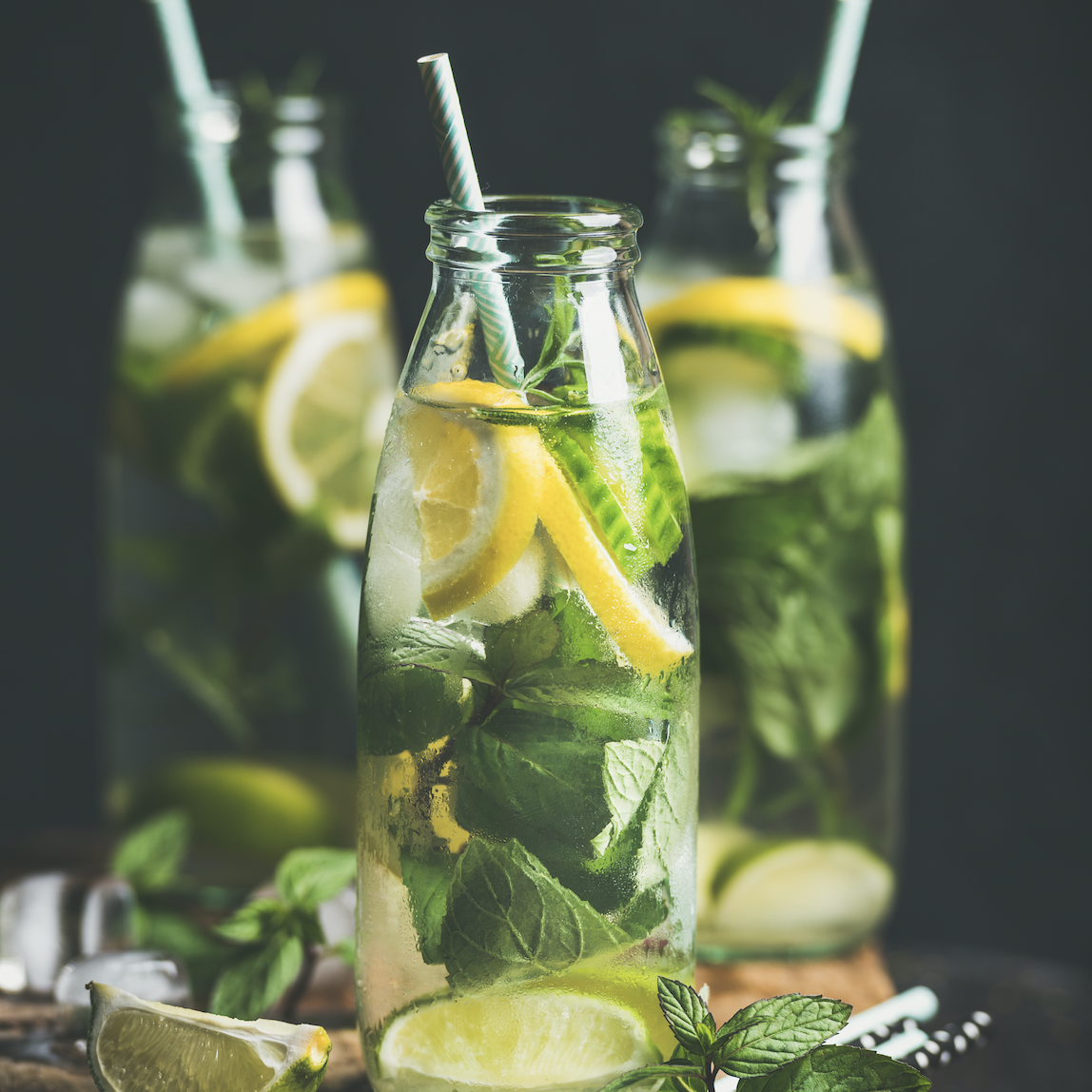Are You ACTUALLY Hydrated? How To Tell
Remaining hydrated is absolutely fundamental to staying healthy. More than 60% of our bodies are made up of water, and without enough, the impact both our physical and mental wellbeing is severely impacted. However, many people don’t know the tell-tale signs of dehydration. In this post, I will explain exactly how you can tell when you are dehydrated and what you can do about it.
How to Tell When You Are Dehydrated
A recent study in the American Journal of Public Health published shocking statistics which revealed more than 50% of people are not getting enough water. Whether you are exercising or just in hot weather conditions, fluid is easily and quickly lost.
Dry Mouth
The most common sign you are dehydrated is a dry mouth. If you are feeling thirsty, then without a doubt, you are dehydrated, and this is something which should not be put aside or ignored.
Lack of Perspiration
If you are not sweating, this could be a severe sign of dehydration. Everyone has their own bodily habits, and there isn’t a one-size-fits-all indicator, so when it comes to a reduction in the amount you are sweating, you need to be mindful of what is normal as one persons’ perspiration levels will be very different to another.
Muscle Cramping
This is easily written off by many people, especially during exercise. However, muscle cramping is a primary effect of being dehydrated. It comes as a natural effect during exercise. However, the tightening of muscles in the body could be caused by a lack of hydration. If the cramping appears to be mobile and isn’t concentrated to just a singular or small area, then this could be a sign that you are dehydrated.
Tiredness and Irritability
Even just a mild level of dehydration can have an impact on your mood and the normal functioning of the brain. If you seem to be forgetful, less alert, irritable or confused, this can all be due to the fact that you are not getting enough water. There are a whole range of studies that back up this information and prove that regardless of whether you are exercising or merely just going about your everyday tasks, a loss of just 1.5% in the normal volume of water in your body can severely affect your cognitive functions.
Disorientation
Another sign that you are dehydrated is disorientation. This can take the form of feeling nauseated, becoming light-headed, feeling weak or dizzy or even light-hysteria. Making decisions can become challenging, and in some cases, people have reported they feel overcome with delirium. The reason this occurs is due to the fact that your body does not have an adequate amount of fluids to send throughout the body.
Dark Yellow Urine
If your urine is a similar colour to straw or just a light-yellow colour, this means you are adequately hydrated. If you have urine that is a darker yellow colour, this is a sure-fire way to tell that you are dehydrated.
Dry Skin
If you are not hydrated correctly, your skin will show signs of this. Not just the skin on your face, this applies to the whole body. When correctly hydrated, the skin will appear to be somewhat doughy in texture, it will be elastic and will always return to its normal position when pinched. If you are dehydrated, then your skin will appear to be thinner, and it will take longer to return to its original form.
What to Do If You Are Dehydrated
It goes without saying, that if you are exercising and believe you are dehydrated, then you need to stop immediately. If you carry on and ignore these signs, the temperature of your body is only going to keep rising, and this can lead to more serious issues. Taking a break can help your body to cool down.
· Drink Fluids – Preferably with electrolytes
· Eat Something – Preferably Fruit or Vegetables
· Remove Excess Clothing
· Elevate Your Legs
· Get Out of The Sun
Follow these steps if you are dehydrated and you will immediately start to feel the benefit. Dehydration can very easily creep up on you so knowing what to look out for is key. Be aware of your body and always try to prevent dehydration by drinking the correct amount of water during the day.
Although there are many differing opinions on exactly how much water you need to drink daily, there are also many variables to take into consideration, such as your climate, your weight, your activity levels, and your general health overall. The average is 6-8 250mL glasses (roughly 2L per day).

